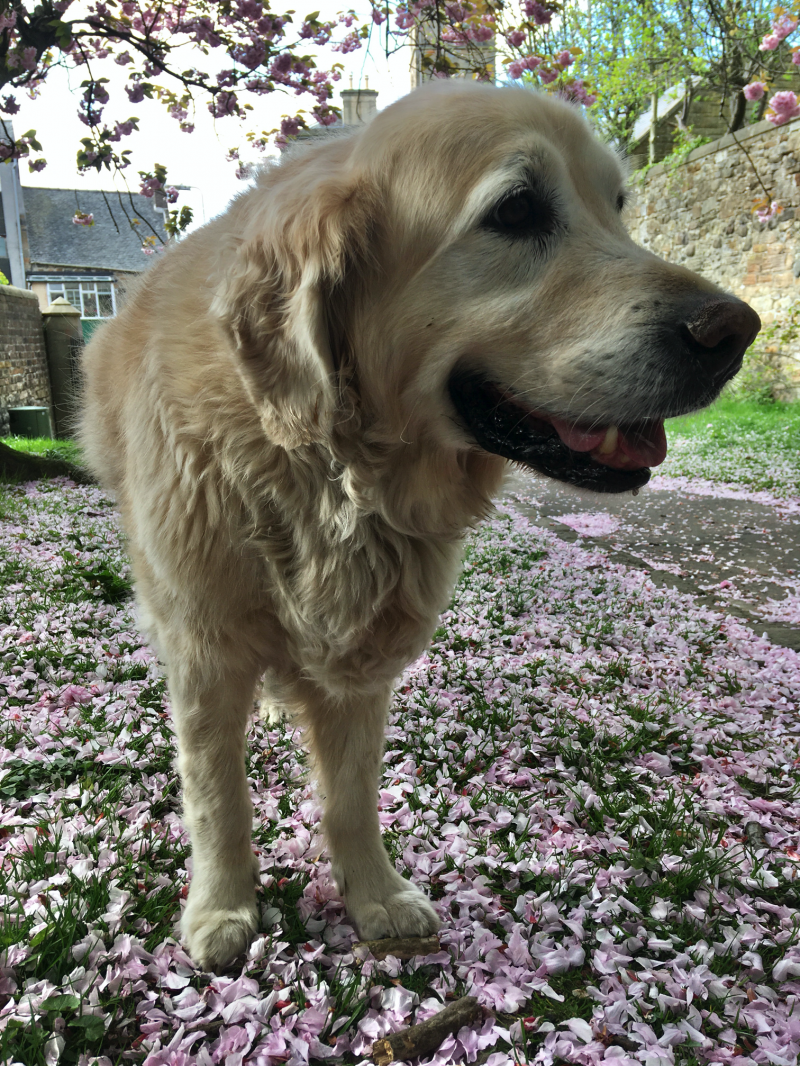Kathryn Welch, 2017 Clore Social Fellow, writes about her experience of being on furlough, volunteering, and emerging trends that might impact the sector long term.
Rebecca Solnit's book ‘A Paradise Built in Hell’ explores the ways in which disasters can open up pockets of solidarity and connection. She suggests that earthquakes, hurricanes and terror attacks aren't only times of fear and self-preservation, but can also open up our reserves of ingenuity, purpose and generosity. The author observes these moments as signs of long-term potential, of people ‘catch[ing] glimpses, in the midst of a disaster, of a future they want and need’.

I'm an optimist by nature, and throughout the Coronavirus pandemic have been in the incredibly fortunate position of being furloughed, and therefore able to take on volunteer roles in my community. I’ve been doing practical things such as fetching prescriptions and delivering shopping, as well as walking a retired guide dog for a resident at our local retirement home (gratuitous photo of the beautiful Piper included here), and getting stuck in with practical tasks on a local farm - which is rapidly developing into a kind of community-built veg-growing initiative.
I’ve also been the recipient of some beautiful acts of kindness - jars of jam and freshly-cut rhubarb have appeared on my doorstep, and neighbours have stopped by to offer plants, seeds, pots and advice to our fledgling community garden.
"We can aspire to build on the positives we’re glimpsing during this crisis, and embed kindness, connectedness & activism in our communities,"
As help is offered and accepted in all kinds of directions across our community, I’m starting to observe ‘glimpses’ - changes in the nature of our connections and civic participation that feel full of long-term potential. I’m curious about the possibilities for this crisis to engender long-term changes in the nature of our attitude to volunteering, community activism and engagement, and have been wondering about what it would take to sustain these kinds of changes. Here are a few patterns I’m seeing:
The (re)emergence of the hyper-local
One of the great success stories of the current wave of volunteers is the emergence of very local mutual aid neighbourhood networks. A new wave of volunteer activity is being coordinated - with minimal resource, and largely independent of external funding - and a new cohort of neighbourhood-level leaders are emerging and thriving as a result. Communities are banding together to create and deliver the services they need - a proactive approach to place-making that can work just as brilliantly beyond the current crisis (as local initiatives such as the Soup movement illustrate perfectly).
Volunteering becoming 'the norm'
The hundreds of thousands of people signing up to the Red Cross reserves, Trussell Trust and NHS volunteering programmes is unprecedented, and we're also seeing pet foster programmes close their waiting lists, blood donation sessions cancelled as stocks are full and, for the first time in a long time - volunteer programmes being oversubscribed. This is a real step-change in civic responsibility being embraced (willingly, enthusiastically) by individuals. And new kinds of individuals too - younger people, professionals, those with young families - people who for years have been recognised as typically underrepresented in formal volunteering programmes. As the crisis passes and we return to our ‘real lives’ and commitments, there is an imperative to sustain the momentum. This will require both a concerted effort to engage with these new volunteers, and a recognition that volunteer opportunities need to be realistic to the realities of people’s lifestyles and availability.
A desire to connect at the neighbourhood level
Whilst we’re more physically disconnected from one-another than ever, we’re finding ways to demonstrate how much we value everyday, informal kinds of social connection. We’re posting rainbows in windows, chalking cheerful messages on pavements, waving at older people stuck indoors as we pass by. Have we all realised that social connection forms the bedrock to a good life? And if so, might there be an appetite to nurture and deepen those connections post-lockdown? How might we engage and support people to transform these kinds of ‘socially distant’ connections into a lasting kind that is deeper, more personal, more real? Initiatives like The Big Lunch and Fun Palaces have been encouraging us to connect in this way for years - the end of lockdown might just be the moment to grow their scale exponentially.
For now, everything has changed. The question for me is about how we sustain this change, how we encourage not just a 'return to normal', when lockdown ends, but a real transformation in the way we perceive and engage with our communities. Whilst dealing with the immediacy of the crisis is vital, we mustn’t miss this opportunity to look further ahead. With planning and foresight, we can aspire to build on the positives we’re glimpsing during this crisis, and embed kindness, connectedness and activism in our communities for the long-term.

For more information about Kathryn’s work, please visit www.kathrynwelch.co.uk and connect with Kathryn on Twitter and LinkedIn.